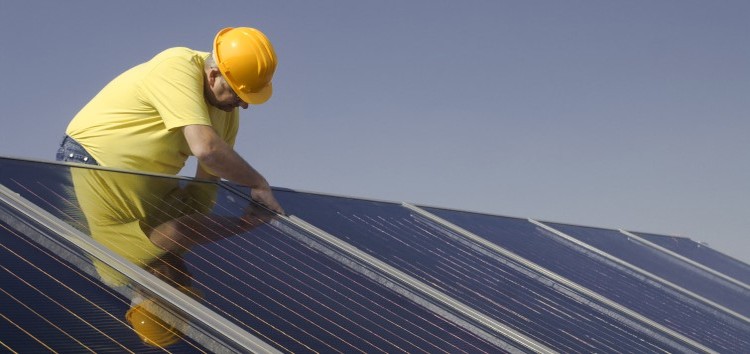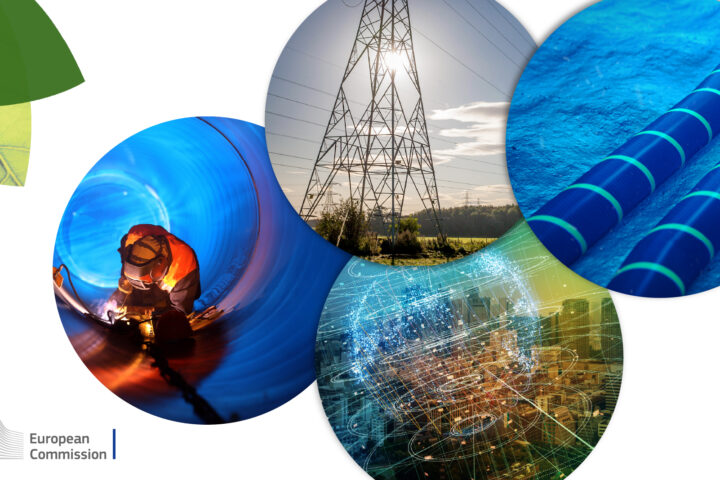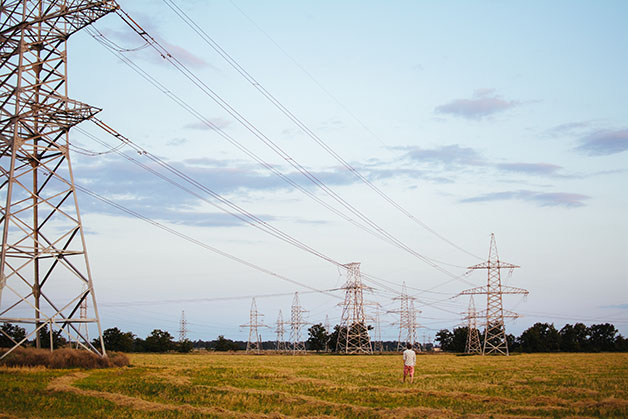By Pascal Lamy, Enrico Letta and Laurence Tubiana
Historians will no doubt look back on 2020 as a turning point for the European Union. But which of two competing headlines will capture this critical moment?
On one hand, the year could be defined by struggle and disintegration: the United Kingdom’s exit from the EU; conflicts over migration policies; Hungary and Poland blocking the EU budget and COVID-19 recovery fund over the new rule-of-law conditionality on disbursement of Union funds. On the other hand, 2020 could go down as the year when Europe decided definitively to pursue a green, decarbonized economy, a renewed sense of solidarity, and deeper integration in order to shape its economic recovery.
With a critical European Council summit this week, it is up to the EU’s heads of state and government to decide whether they will remain committed to the Union’s core values. This past spring, French President Emmanuel Macron and German Chancellor Angela Merkel agreed to establish the recovery fund, thus laying a foundation for Europe’s future. This proposal marked a significant departure from traditional EU policy – especially from the German perspective – because it envisioned common borrowing and a transfer union beyond the existing EU budget.
This Franco-German breakthrough was seen as a resounding reaffirmation of the European Green Deal and the objective of reaching net-zero emissions by mid-century. It enabled the European Commission to propose Next Generation EU, a €750 billion ($908 billion) program of grants and loans to address the extra burden that COVID-19 has inflicted on Europe – especially its southern member states.
After one of the longest European Council summits in history, EU leaders this summer adopted the priorities and modalities for what amounts to a massive €1.8 trillion recovery package. But the July deal contained two core provisions, on climate policy and the rule of law, setting conditions for release of this funding. The rule-of-law provision was then strengthened further at the insistence of the European Parliament.
Owing to its symbolic value for the EU and its indispensability for southern member states, Next Generation EU soon became a target for Poland and Hungary. Afraid that the rule-of-law mechanism would expose their government-sanctioned abuses of EU funds and thus limit the amount they would receive from the Union’s coffers, the two countries vetoed one of the provisions (the “own-resources decision”) that is necessary for approving the EU’s seven-year budget and the recovery fund.
This is a risky bet for Poland and Hungary, considering that EU cohesion funds financed the majority of their public investment in 2015-17 (more than three-fifths in Poland and over 55% in Hungary). Nonetheless, the two countries’ extortion has created an impasse that is fueling political tensions ahead of this week’s summit, which must also approve a new target to reduce emissions by 55% by 2030.
The summit is coming at the precise moment when the recovery fund’s benefits are being made crystal clear. The EU sold its new ten-year bond at a yield of -0.24%. Italy has sold ten-year sovereign bonds with a yield of 0.76%. And these bond issues have been dramatically oversubscribed.
Moreover, with the reconstruction bonds, debt mutuality is moving forward through the creation of a European safe asset through the issuance of common debt. This is also establishing the rudiments of a decision-making framework for a European-level fiscal policy. Market confidence in the EU has duly risen.
More subtly, the concerted fiscal action embedded in Next Generation EU has legitimized decisive measures (in the form of asset purchases) by the European Central Bank, producing de facto monetary-policy coordination in response to the COVID-19 crisis.
Those who want to give in to Hungary and Poland are focusing on the progress that has been made in reducing the spread between interest rates paid by southern and northern member states. They argue that this new economic alignment – brought about by Next Generation EU – should not be jeopardized for the sake of the rule-of-law mechanism. Particularly from a southern member-state perspective, and with a horrific second wave of COVID-19 bearing down on Europe, conceding the conditionality provision seems like the least-bad option.
But giving in to extortion would seriously undermine the EU’s credibility and weaken the increased confidence of global financial markets in its future and the future of the euro. It would open the door for more regressive vetoes of measures needed to strengthen the EU’s democratic model and to achieve climate neutrality by 2050. Financial markets’ strong appetite for EU-issued green bonds would diminish – thus raising borrowing costs – and the ECB’s asset purchases might also suffer collateral damage.
At this week’s European Council summit, leaders must fight for the EU’s financial future, the Green Deal, solidarity among our peoples, and democratic choice. As we write, there are reports that a compromise with Hungary and Poland has been agreed. If true, that compromise must in no way renege on the promises made in July when the recovery fund was born. After all, the surest way to undermine financial markets’ burgeoning confidence in the EU and its finances is to compromise with the values and conditions that have buttressed these market sentiments.
Pascal Lamy is a former director-general of the World Trade Organization and EU trade commissioner. Enrico Letta is a former prime minister of Italy. Laurence Tubiana, a former French ambassador to the United Nations Framework Convention on Climate Change, is CEO of the European Climate Foundation and a professor at Sciences Po, Paris.
© Project Syndicate, 2020.
www.project-syndicate.org










